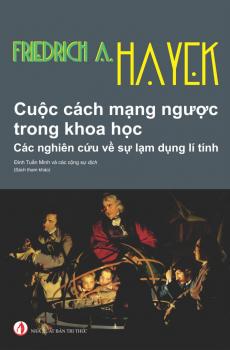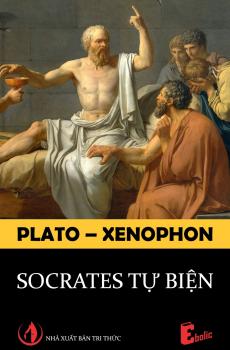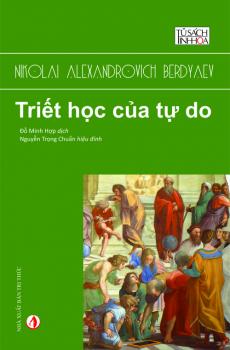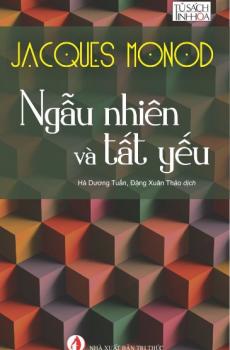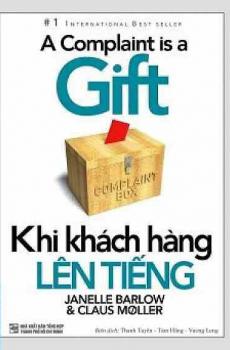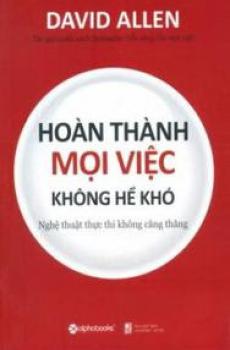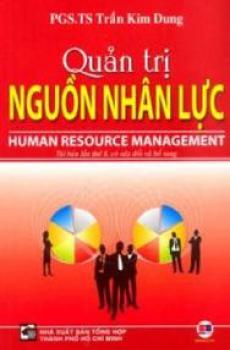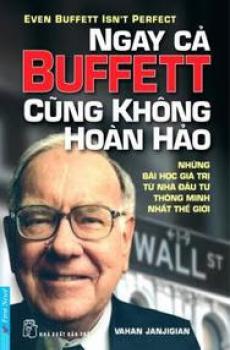The Mind and the Brain
The Mind and the Brain
Log in to download this book.
| Publisher | Chưa rõ |
|---|---|
| Accessible book producer | Public domain |
| Published year | 2007 |
| Coppy right | Chưa rõ |
BOOK I
The Definition of Matter
CHAPTER I
Introduction
The distinction between mind and matter—Knowable not homogeneous—Criterion employed, enumeration not concepts
CHAPTER II
Our Knowledge of External Objects only Sensation
Modern theories of matter—Outer world only known to us by our sensations—Instances—Mill's approval of proposition, and its defects—Nervous system only intermediary between self and outer world—The great X of Matter—Nervous system does not give us true image—Müller's law of specificity of the nerves—The nervous system itself a sensation—Relations of sensation with the unknowable the affair of metaphysics
CHAPTER III
The Mechanical Theories of Matter are only Symbols
Physicists vainly endeavour to reduce the rôle of sensation—Mathematical, energetical, and mechanical theories of universe—Mechanical model formed from sensation—Instance of tuning-fork—No one sensation any right to hegemony over others
CHAPTER IV
Answers to some Objections, and Summary
Objections of spiritualists—Of German authors who contend that nervous system does give true image—Of metaphysicians—Common ground of objection that nervous system not intermediary—Answer to this—Summary of preceding chapters
BOOK II
The Definition of Mind
CHAPTER I
The Distinction between Cognition and its Object
Necessity for inventory of mental phenomena—Objects of cognition and acts of cognition—Definition of consciousness
CHAPTER II
Definition of Sensation
Sensation defined by experimental psychology—A state of consciousness—Considered self-evident by Mill, Renouvier, and Hume—Psycho-physical according to Reid and Hamilton—Reasons in favour of last definition—Other opinions examined and refuted
CHAPTER III
Definition of the Image
Perception and ideation cannot be separated—Perception constituted by addition of image to sensation—Hallucinations—Objections anticipated and answered
CHAPTER IV
Definition of the Emotions
Contrary opinions as to nature of emotions—Emotion a phenomenon sui generis—Intellectualist theory of emotion supported by Lange and James—Is emotion only a perception? Is effort?—Question left unanswered
CHAPTER V
Definition of the Consciousness—The Relation Subject-Object
Can thoughts be divided into subject and object?—This division cannot apply to the consciousness—Subject of cognition itself an object—James' opinion examined—Opinion that subject is spiritual substance and consciousness its faculty refuted
CHAPTER VI
Definition of the Consciousness—Categories of the Understanding
Principle of relativity doubted—Tables of categories: Aristotle, Kant, and Renouvier—Kantian idealism—Phenomenism of Berkeley examined and rejected—Argument of a priorists—The intelligence only an inactive consciousness—Huxley's epiphenomenal consciousness—Is the consciousness necessary?—Impossibility of answering this question
CHAPTER VII
Definition of the Consciousness—The Separability of the Consciousness from its Object—Discussion of Idealism
Can the consciousness be separated from its object?—Idealists consider the object a modality of the consciousness and thus inseparable, from it—Futility of this doctrine—Object can exist without consciousness
CHAPTER VIII
Definition of the Consciousness—The Separation of the Consciousness from its object—The Unconscious
Can ideas exist without consciousness?—No consciousness without an object—Can the consciousness die?—Enfeeblement of consciousness how accounted for—Doubling of consciousness in hysterics—Relations of physiological phenomena to consciousness—Consciousness cannot become unconscious and yet exist
CHAPTER IX
Definitions of Psychology
Difficulty of defining psychology—Definition by substance—Psychology not the science of the soul—Definition by enumeration: its error—Definition by method contradicts idea of consciousness—Externospection and introspection sometimes confused—Definition by content—Facts cannot be divided into those of consciousness and of unconsciousness—Descartes' definition of psychology insufficient—"Within and without" simile unanalogous—Definition by point of view—Inconsistencies of Ebbinghaus' contention—W. James' teleological theory—Definition by the peculiar nature of mental laws only one possible: why?
BOOK III
The Union of the Soul and the Body
CHAPTER I
The Mind Has an Incomplete Life
Problem of union of mind and body stated—Axiom of heterogeneity must be rejected—Phenomena of consciousness incomplete—Aristotle's relatum and correlatum applied to the terms mind and matter
CHAPTER II
Spiritualism and Idealism
Spiritualist view that death cuts link between soul and body—Explanation of link fatal to system—Consciousness cannot exercise functions without objects of cognition—Idealism a kaleidoscopic system—Four affirmations of idealism: their inconsistency—Advantages of historical method
CHAPTER III
Materialism and Parallelism
Materialism oldest doctrine of all: many patristic authors lean towards it—Modern form of, receives impulse from advance of physical science—Karl Vogt's comparison of secretions of brain with that of kidneys—All materialist doctrines opposed to principle of heterogeneity—Modern materialism would make object generate consciousness—Materialists cannot demonstrate how molecular vibrations can be transformed into objects—Parallelism avoids issue by declaring mind to be function of brain—Parallelists declare physical and psychical life to be two parallel currents—Bain's support of this—Objections to: most important that it postulates consciousness as a complete whole
CHAPTER IV
Modern Theories
Berkeley's idealism revived by Bergson, though with different standpoint—Admirable nature of Bergson's exposition—Fallacy of, part assigned to sensory nerves—Conscious sensations must be subsequent to excitement of sensory nerves and dependent on their integrity
CHAPTER V
Conclusion
Author's own theory only a hypothesis—Important conditions for solution of problem—Manifestations of consciousness conditioned by brain, but this last unconscious—Consciousness perceives only external object—Specificity of nerves not absolute—Why repeated excitements of nerve tend to become unconscious—Formation of habit and "instinct"—Resemblance to and distinction of this from parallelism—Advantages of new theory
CHAPTER VI
Recapitulation
Description of matter—Definition of mind—Objections to, answered—Incomplete existence of mind—Other theories—Nervous system must add its own effect to that of its excitant



